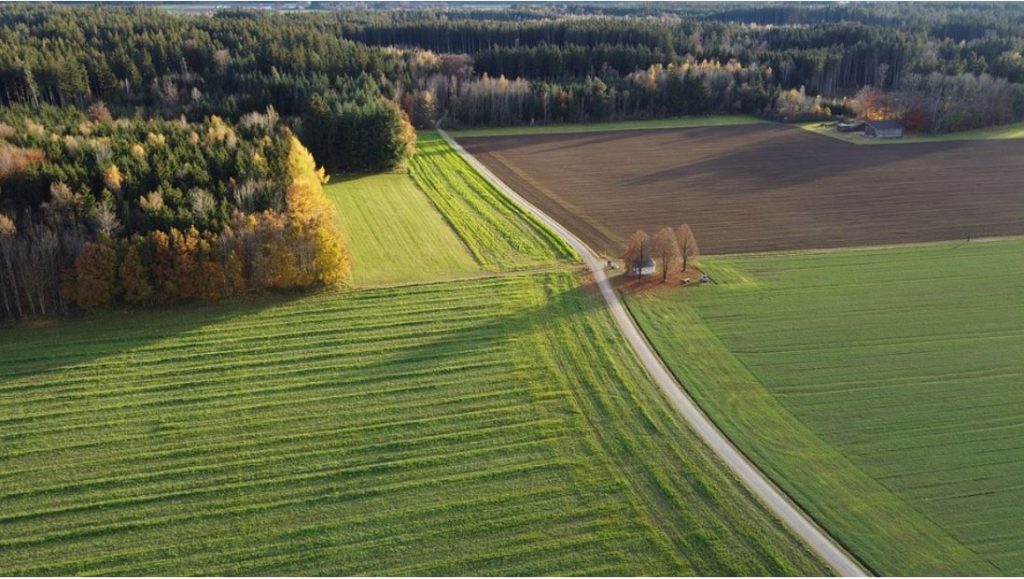By Rev Chris Blackshaw
One thing that has always struck me about those involved in ministry is how some set unrealistic objectives. Working long and excessive hours, cancelling days off, and sometimes not taking days off at all. I’ve been there and got the T-shirt, and it’s not a good place to be in. But does it need to be this way?
We all need to pace ourselves and set realistic objectives. Even Jesus needed time out and was not afraid to take it. It was right for him and in taking time to step away, he was modelling a healthy pattern for his followers to embrace. He to pray, step into a boat with his disciples or go off onto a hillside, even at the very end, when facing arrest and trial, being alone with the Father in the Garden of Gethsemane was where he needed to be. He didn’t make his disciples feel guilty, either. They were human, and so was he. They had a hectic life, and there was a sense of urgency to get as much done as possible in the short time that Jesus had in the world. Jesus had no qualms about having a little bit of time away from the pressures that had been placed on him by others. He was also concerned for his disciples; after all, they had returned from a strenuous mission. He said, ‘Let’s get away for a while to a quiet spot and rest.’ He recognised the need for rest and recuperation. So, I ask the question, why don’t we? We need to recharge our batteries and refill our spiritual inner beings.
In Mark 1:29-34, we read that they went to Simon and Andrew’s home after Jesus left the synagogue with James and John. Now Simon’s mother-in-law was sick in bed with a high fever. They told Jesus about her right away. So he went to her bedside, took her by the hand, and helped her sit up. Then the fever left her, and she prepared a meal for them. That evening after sunset, many sick and demon-possessed people were brought to Jesus. The whole town gathered at the door to watch. So, Jesus healed many people who were sick with various diseases, and he cast out many demons. But because the demons knew who he was, he did not allow them to speak. There is one important word in these verses that can easily go unnoticed. That word is Many. Jesus healed many people. Why is it important, because the word is Many and not ALL. Even Jesus wouldn’t do everything, so how on earth do we expect to do everything?
I work ministering within the farming community, and I see farmers who are just as guilty as us, who are overworking. Working every day, from first light until well after dark, burning the candle at both ends. Exhaustion sets in, and things go wrong; burnout occurs, and mental health suffers. I’ve got that T-shirt too. On my small farm, I see the cycle of life throughout the year. In April, my land begins to show signs of new life. The grass begins to sprout shoots, and the lush green grass grows as the weather gets warmer. It becomes abundant, and it keeps growing until October. But then we enter a fallow time, a time of rest. There is no longer growth; it becomes dormant. But during this period of rest, the land needs to be fed. Manure and fertilisers are added, and hey presto, the whole process kicks in again come April. So, what is your feed in the time of your own period of fallowness? Well, that depends on you, as it is very individual. For some, it might be rest; for others, it may be a retreat and time to reflect on your relationship with God and your ministry. It may be a time of engagement in study, or it may even be a long overdue holiday.
Remember that God himself called time out at the very beginning of creation. In the Ten Commandments, he laid down a clear principle: ‘You have six days in which to do your work, but the seventh day is a day of rest dedicated to me’. God made us; he knows we need that time out, probably better than we do. So REST.
